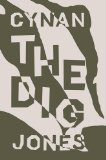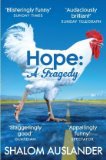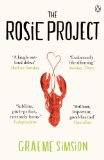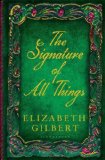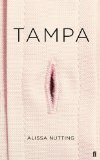Five words from the blurb: Welsh, farmer, struggling, grief, violence
The Dig is a short, but powerful book set in the Welsh countryside. In two alternate narratives it follows a badger-baiter and a grieving farmer as they struggle with their difficult lives.
I was apprehensive about reading this novella as I worried it would be disturbing. I was right to be concerned as the images contained within this book were graphic and haunted me long after I turned the last page. The descriptions of badger-baiting were so vivid that I admit to skimming over several paragraphs in an effort to save myself from the nauseating images. But what I failed to realise was that the emotional impact of the farmer grieving for his dead wife was far greater. His narrative initially appeared to be gentle, but the power grew over time.
He sat with his elbows on his knees and held the clock and listened to the pinging and ticking of the stove cooling, the last settling embers shifting down through the grate, the metronomic ticking of the clock. Three hours. He didn’t even want the telly on. He stared at its vacant, dark cataract.
The writing within this book was outstanding. It was like a master-class in how to produce maximum emotion with a minimum number of words. It provided a vivid snapshot of life in rural Wales, but part of me regrets reading it. I felt as though I’d been emotionally battered, but gained no new insight or information. I’m hesitant to recommend it as I don’t want to inflict this disturbing story on the minds of others, but give it a try if you are emotionally strong and would like to be immersed in the extremes of human experience.

(because it feels wrong to penalise a book for being too vivid!)
